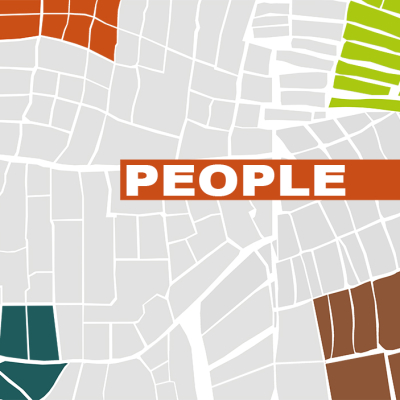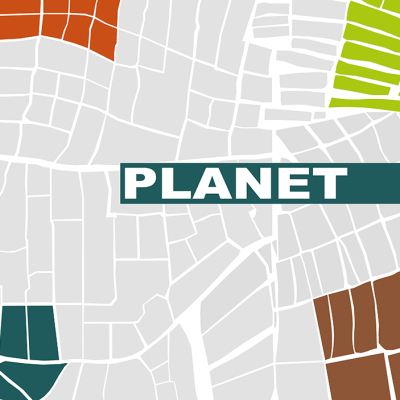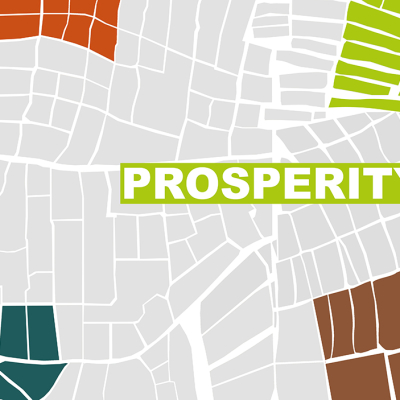Description
"MAPS – Migration Action Plan for Sub-Saharan Africa" is a three-year initiative, with a budget of €10 million, funded by the European Union through the EuropeAid programme.
The project aims to support local governments in Sub-Saharan Africa by producing high-quality, evidence-based research on the drivers of migration. It addresses the interrelated dynamics of demographic pressure, environmental degradation, economic disparities, and political instability, with the overarching aim of informing sustainable development strategies.
The MAPS consortium comprises a multidisciplinary network of European and African academic institutions, including Sapienza University of Rome and five other Italian universities hosting UNESCO Chairs (Udine, IUAV Venice, Brescia, Ferrara, and Reggio Calabria), alongside the University of Barcelona (Spain), the University of Dodoma (Tanzania), the University of Kabale (Uganda), and Amref International University (Kenya). The initiative also benefits from the collaboration of strategic partners such as the IOM Regional Data Hub for West and Central Africa, the Catholic University of Rwanda, and the University of the Witwatersrand (South Africa).
The research activities focuses on four thematic domains aligned with the UN Sustainable Development Goals framework: People (population trends and youth), Planet (environmental stressors and climate-induced migration), Prosperity (economic and social resilience), and Peace (human rights, conflict, and displacement).
Latest activities
Featured
The 2nd MAPS Summer School Has Come to an End: Insights, Training, Skills, Networks, and Collaboration
We have successfully concluded the 2nd MAPS Summer School - Migration and Displacement Action Plan for Sub-Saharan Africa - held in Dar es Salaam, Tanzania (2–6 February 2026), in collaboration with the University of Dodoma. The...




